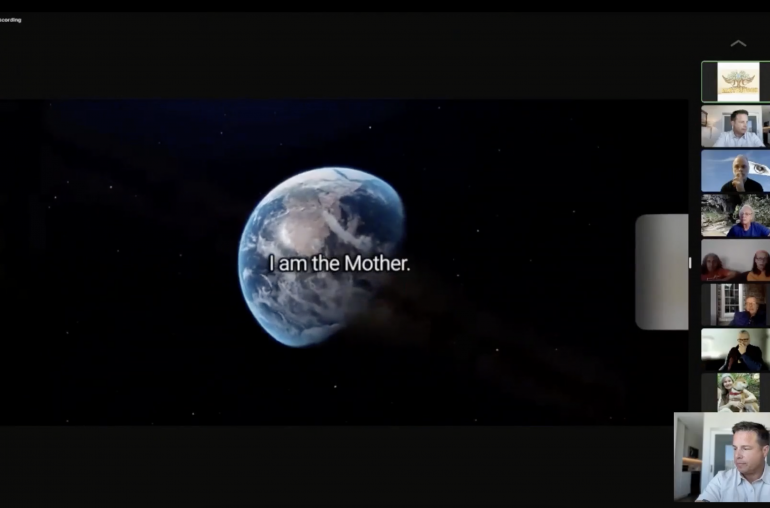When Michael Proper and his family set out for a month-long stay in Vanuatu, they went there for a quick getaway, but what they found was a powerful lesson on the strength and fragility of human connections, both in the physical and digital world. Their experience revealed a lot about our relationship with money, technology, and each other, especially during the tough times.
Vanuatu, with its stunning beauty, welcomed the Proper Family warmly. They immersed themselves in the local culture, guided by the community’s leaders. However, their adventure took a dramatic turn when two category five cyclones struck the islands. The cyclones devastated homes and knocked out power for months. This experience was more than a tale of nature’s fury; it unveiled the profound vulnerabilities of relying solely on cash in times of crisis.
As the islands fought to get back on their feet, something unexpected happened. Despite the blackout, mobile phones (our windows to the rest of the world) kept buzzing along. This was a big deal. It turned out, in the thick of a crisis, our phones could be trusted more than the old way of getting cash, which just didn’t work without electricity.
Our phones, often just seen as gadgets for scrolling and texting, turned out to be lifelines. They kept people connected, helped them manage their money, and even offered a way to keep going when everything else stopped. In Vanuatu, phones became more than just tech; they were the thread that held everything together when everything else fell apart. This glimpse into the future also raises several questions about privacy and who’s watching our digital footprints. Phones might have been heroes, but they also hint at a world where our every move could be tracked.
This whole ordeal wasn’t just about surviving a couple of bad storms. It peeled back the curtain on a future where our lives could lean even more on digital connections. Michael Proper saw it first-hand. Phones could help bridge gaps in places where traditional banks don’t reach, especially in remote or rural spots hit hard by disasters.
Michael Proper’s experience in Vanuatu isn’t just a travel story; it’s a vivid illustration of resilience, innovation, and the unexpected ways we adapt to challenges. It pushes us to reconsider the role of technology in our lives, not just as a convenience but as a crucial support system in times of need. As we look ahead, his story encourages us to think creatively about solving problems and to appreciate the simple yet profound ways we can help each other out, with or without a full battery. For those intrigued by how technology can enhance our life, go check out the ClearPHONE.




